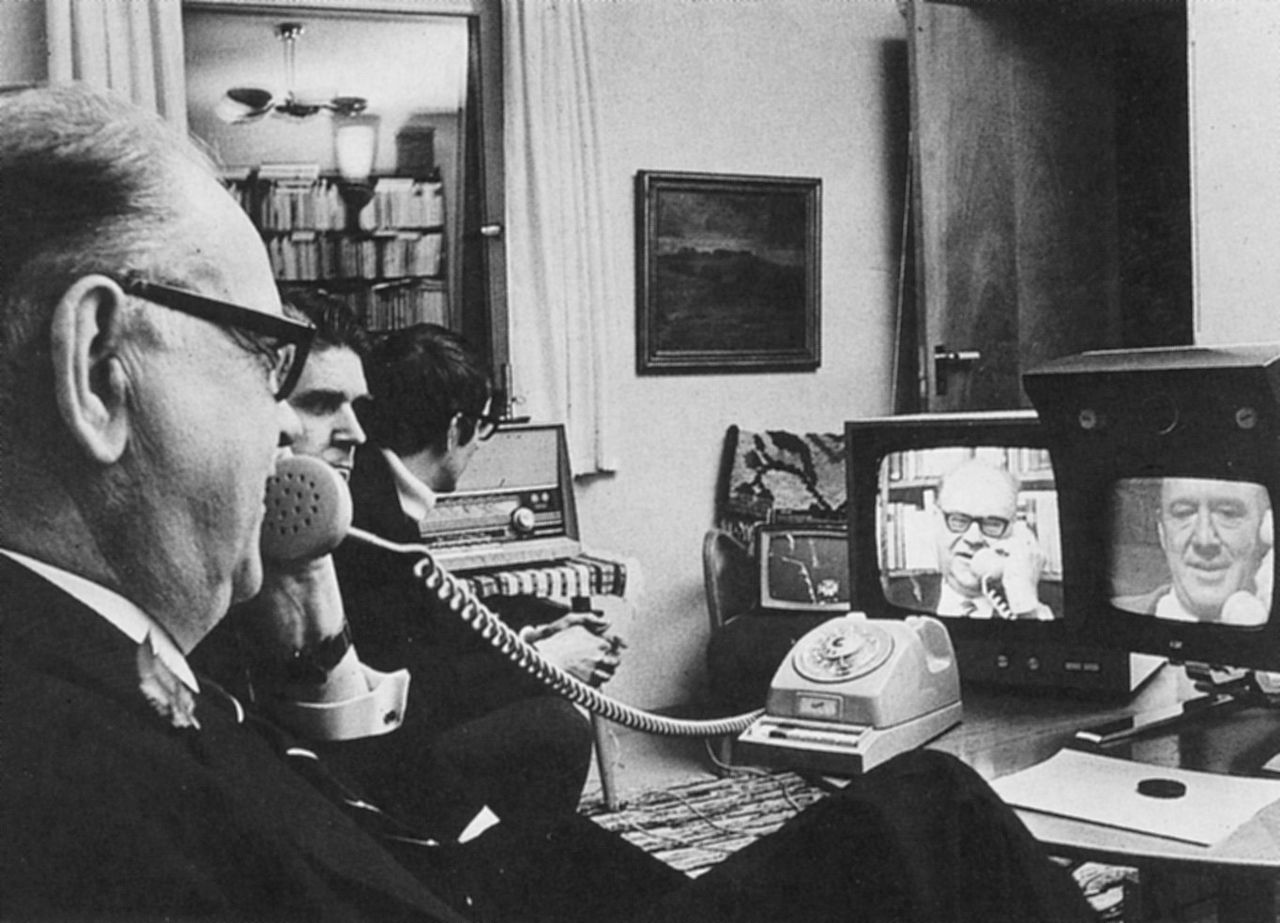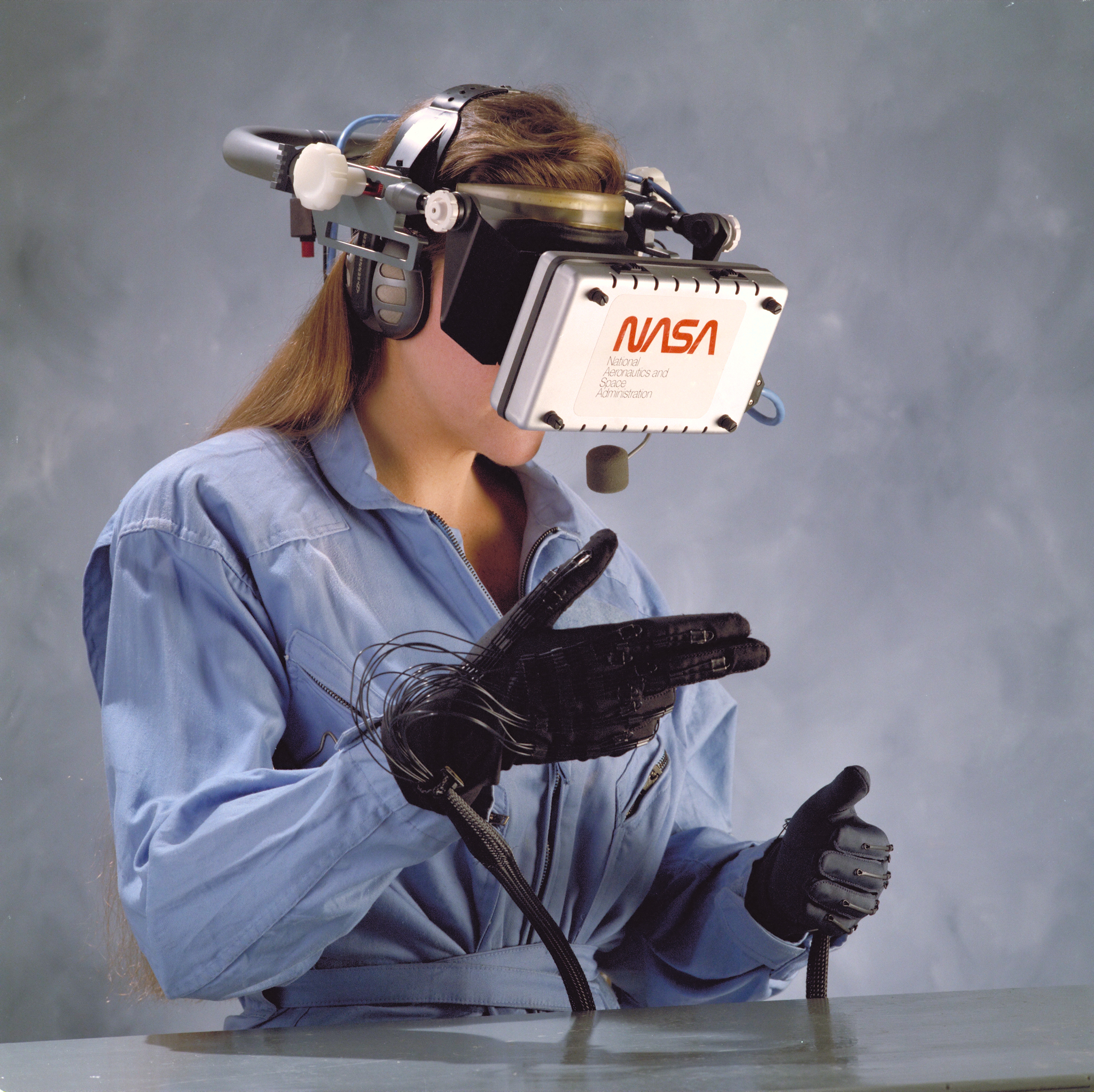Why are we often so wrong about what we think we want from technology? I’m thinking about the triumph of texting over video calling, and think VR will similarly be eclipsed by AI.

Why were we so wrong about the popularity of video calls? Back in 1931 there was a futuristic comic strip called Dick Tracy, where the protagonist had a wristwatch that did video phone calls. The movie Blade Runner was even less ambitious, imaging video pay phones that you had to find in the city. But everyone seemed in agreement that as soon as video calling was possible, people would prefer this to audio calls.
But what no one foresaw was the popularity of texting. Only now, post-Covid, are video calls starting to become common—but not as the default way of contacting someone. But since it’s introduction some twenty years ago, texting and all sorts of text-based messaging has become the primary way we communicate.
The answer?
We thought we wanted fidelity but what we really wanted was control.
I think it was in Sherry Turkle’s book Alone Together where she made the point that phone calls are more vulnerable than texting, and video calls even moreso. In texting you can take your time to pick the right words. Your voice won’t betray your anger, or that you’re choking up with tears. Your shifting eyes won’t betray that you aren’t really paying attention, nor will a camera reveal that you look like shit because you haven’t slept in days.
So what does this have to do with AI and ChatGPT?
The whole time I was working in virtual reality at Meta I had an uneasy feeling that Virtual Reality was making the same mistake of video calling. The early Oculus demos were incredible, surely just as much as the first video call demos were in the 1960’s.

But consumers haven’t gone for it. They don’t want their screens to move closer to their eyes and envelope their whole view—at least not in the current clunky form. Much like video calling, I imagine VR will eventually become common, but it’s not going to be the Next Big Thing™.
ChatGPT gives people new powers, more control. Allows the person to sound smarter, get more work done, have more information at their fingertips. It’s all upside. (Unlike video calling, where the “upside” was almost entirely for the person on the other end of the call!)
Stuff to think about.